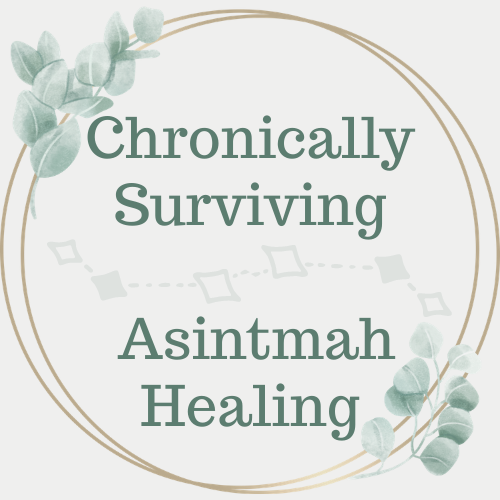Meet Autumn. She’s from my neck of the woods, the good ol’ GTA. It’s refreshing to have another Canadian on the blog.
She’s got so much gumption and passion for advocating for increased awareness for her rare disease and prevention if at all possible. Autumn is like a refreshing breeze. It’s an honour to present to you the dearest Autumn’s story about her rare disease called Urea Cycle Disorder.
Autumn Prince is a 28-year-old young adult living in Ontario, Canada, with her mom, two brothers, and dog. She has a rare genetic disorder called urea cycle disorder (UCD) which means she has missing enzymes that break down the protein urea and get rid of any ammonia in her system. In her spare time, she enjoys dancing, fitness, and cooking. You can follow Autumn on Instagram, @princeautumn, and on Twitter, @Autumn18906072.
I was diagnosed with a rare genetic disorder called urea cycle disorder (UCD) when I was a young infant. At this point, you’re most likely wondering what that means. As someone who has UCD, I am missing enzymes that break down the protein urea and eliminate any ammonia in my system. Ammonia is the by-product of extra amino acids built up in the body. We get amino acids in our bodies through proteins in the food we eat, and some are produced naturally by our bodies. Amino acids are something that our bodies can not live without. Amino acids help with things like building muscle and are a source of protein for our bodies. When I have high ammonia levels, it can be dangerous because my body can not get rid of this extra waste product; it can travel to my brain, which can cause any of the following symptoms: feeling very tired, staring or zoning out, vomiting or nausea, losing touch with reality/hallucinating, irritable or uncooperative, aggression, lack of appetite, slurring words, and headaches. If I have any of those symptoms and don't seek medical attention right away, it can cause permanent brain damage or lead to a coma.
As a child, I had many hospital visits due to high ammonia levels accumulated in my system. I would be treated with IV therapy and have my blood drawn to check my levels. As the years have gone on and I have gotten older, I have learned how to manage my health. I’ve learned to make sure I am eating right, watching my protein intake, getting enough sleep, taking my medications on time, and seeing my doctor regularly.
I have learned over the years how to balance my work life with my illness and that it is okay to tell others about my rare disease and share my story. I have learned to embrace this medical condition and not allow it to hold me back from doing the things I have wanted to do. I went to college for six years and worked full-time in a childcare center while taking night classes. I worked for eight years in childcare centers. Then decided to leave college and leave the education field because it wasn't what I wanted to do anymore.
I found a job working in a retirement home, and I love every minute of it. I have managed to get my driver's license and buy myself a car. This has all allowed me to grow and learn. I travelled to a whole bunch of different places and have seen some cool things. When I am not doing these things, you can find me travelling, spending time with family and friends, or my boyfriend. You will also find me at the gym, which is one of my favourite things to do in my spare time. I also enjoy dancing and miss the days when I was able to dance every week. I dance any time I get a chance to do so. Sometimes I will take a class with my friends, or we go out dancing somewhere. I have done all these things while learning how to live, love, and manage to live with a urea cycle disorder. As someone who has a rare disease, I want to share my story with others to help others going through similar struggles and strides. Even though we might have to climb these rare-disease-mountains that does not mean we have to climb them alone.


